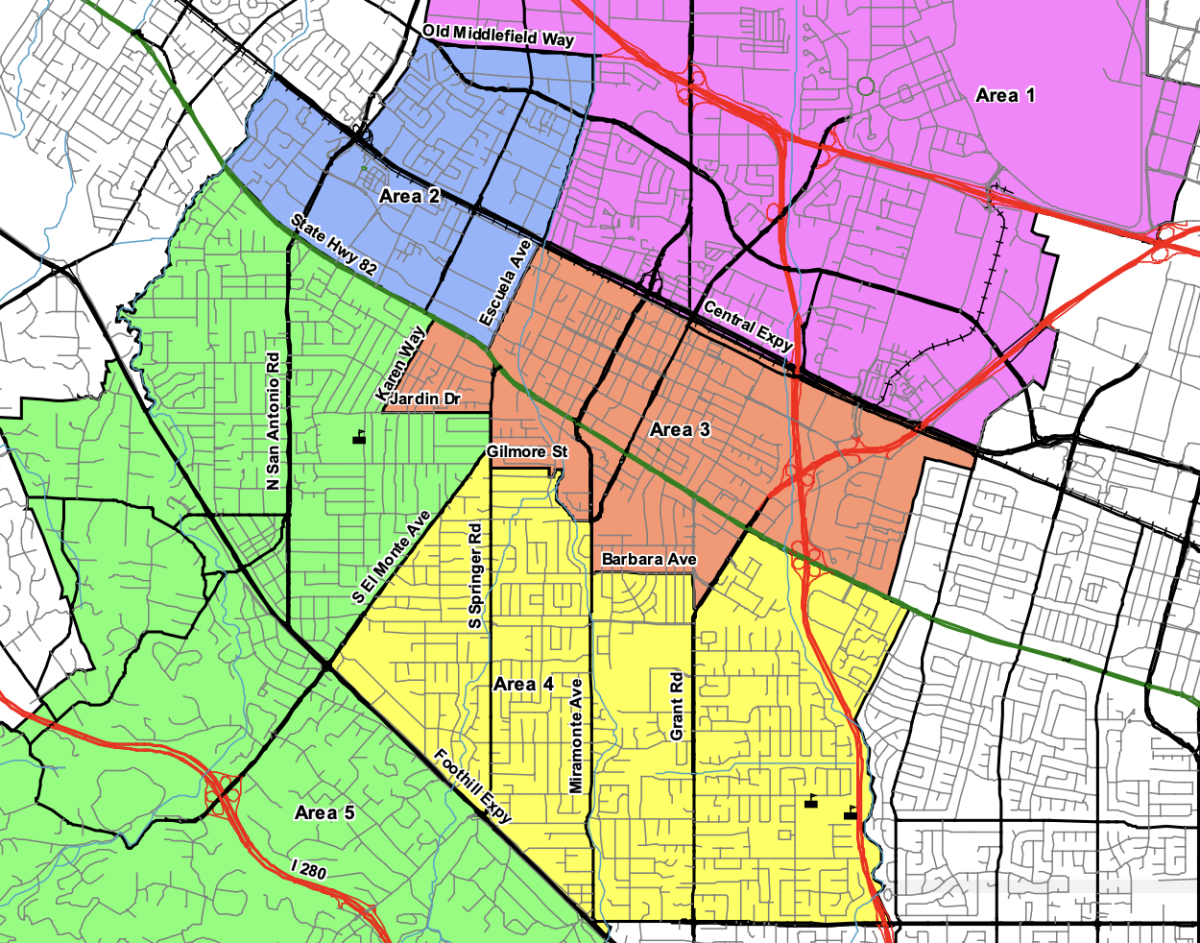How to lose weight quickly is one of the most popular health questions on the internet, according to Yahoo. Losing weight can be done quickly, however, it needs to be done in a healthy way too.
People may want to lose weight rapidly for one of several reasons:
- A bride-to-be who wants to fit into her wedding dress
- A jockey who needs to lose some pounds rapidly before a race
- A boxer who needs to get below a certain weight by a specific date and time, otherwise he will be disqualified
The majority of people in North America and Western Europe want to lose weight, and the faster the better! However, did you know that most people who have been on crash diets are obese or overweight today?
Although losing weight quickly is possible, not only is it bad for your health, it is almost certainly a recipe for becoming even fatter later on.
Kelly D. Brownell, Director of the Rudd Center for Food Policy and Obesity at Yale University, who coined the term “yo-yo dieting”, explained why crash dieters eventually get into a cycle of crash diets and high food intake and gain weight in the long-term.
The vicious circle of crash diets
When the human body consumes less energy than it requires, it uses its stored energy.
Initially, the body starts using up its glycogen stores because they can be easily turned into glucose. In humans, glycogen is stored primarily in the cells of the liver and the muscles.
When the glycogen runs out, the body then starts breaking down amino acids from protein (muscle) to make glucose.
Finally, when glycogen has been used up and non-vital protein is depleted, fat is broken down to release triglycerides for energy.
Glycogen and protein hold water, if you lose the glycogen or protein you lose water. Experts estimate we carry between 60 to 120 grams of glycogen in the liver, which is stored in about 6 pounds of water. So if you use up the glycogen, you lose that weight in water. Add to that the water loss when protein is used up to make energy.
Crash dieters at this point are extremely excited. They have lost a great deal of weight. However, most of it is water released when the glycogen and non-essential protein is used up. Not much fat has been lost at this point.
In order to lose 1 pound of fat you need a calorific deficit of 3,500 kilocalories.
The trouble is, by the time the body starts turning to its reserves of fat to make up for the energy deficit caused by the crash diet, its metabolism has slowed right down.
The body’s metabolism slows down for several reasons. The hypothalamus, a region in the brain, realizes that fat stores have changed and consequently lowers metabolism to replace the lost fat. During the breaking down of amino acids into glucose, protein is lost, which means loss of lean tissue (muscle). The less muscle you have, the slower your metabolism will be.
| Child | 2-3 | 1,000 | 1,000 – 1,400 | 1,000 – 1,400 |
| Female | 4 – 8 | 1,200 | 1,400 – 1,600 | 1,400 – 1,800 |
| Female | 9-13 | 1,600 | 1,600 – 2,000 | 1,800 – 2,000 |
| Female | 14-18 | 1,800 | 2,000 | 2,400 |
| Female | 19-30 | 2,000 | 2,000 – 2,200 | 2,400 |
| Female | 31-50 | 1,800 | 2,000 | 2,200 |
Eventually the crash dieters weight loss slows right down and he or she loses motivation. Other psychological factors start to kick in too.
When lower motivation results in the person abandoning their diet, they put on weight rapidly because their metabolism is now much lower, the brain is telling the body to store (in fat) every possible reserves of energy, and the disappointment and sense of failure often encourages further eating.
Researchers at the University of Oviedo in Spain reported in the journal Psychology Health & Medicine that the short-term effects of crash diets are not maintained in the medium to long term. They added that such diets typically result in a subgroup becoming obese or overweight, due more to psychological consequences than biological mechanisms.








